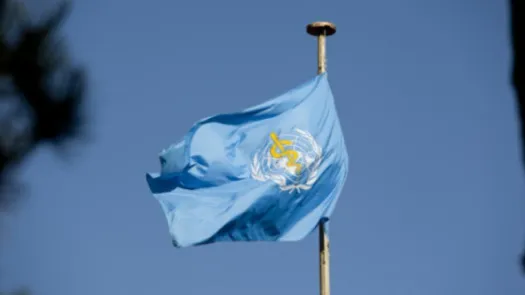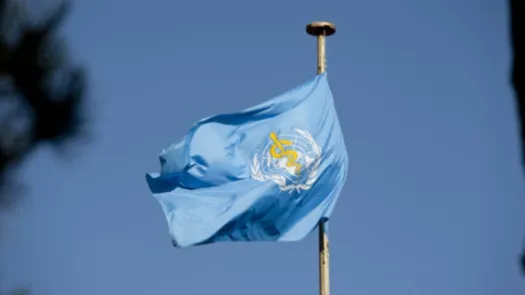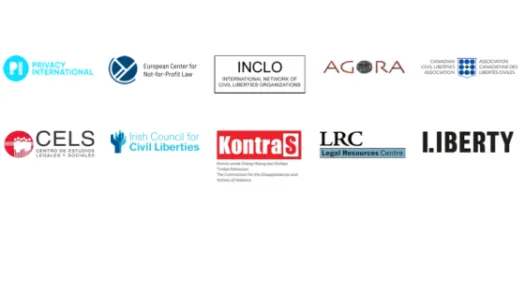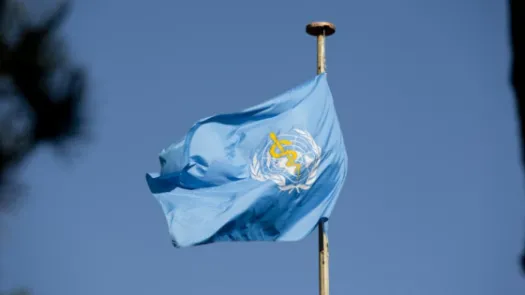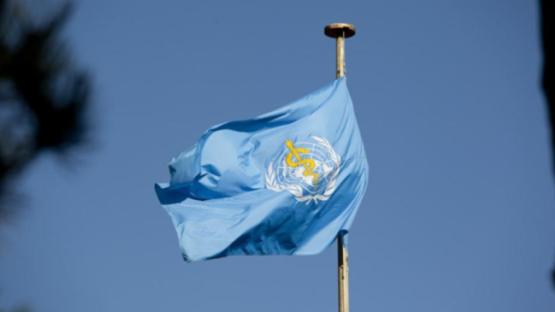
PI's comments on the zero draft of the WHO’s Pandemic Treaty
PI published its comments on the zero draft of the WHO’s Pandemic prevention, preparedness, and response accord (“WHO CA+”) which will be discussed by the WHO Intergovernmental Negotiating Body (INB) between 27 February and 3 March 2023.
* The zero draft offers a good basis for negotiations. In particular, we welcome the inclusion of a provision on confidentiality and privacy.
* There are still significant gaps in the zero draft which need to be addressed to ensure the treaty puts the respect and protection of human rights at the centre of the prevention and response to future pandemics including ensuring the effective regulation of the private-sector entities.

Privacy International (PI) welcomes the zero draft of the WHO convention, agreement or other international instrument on pandemic prevention, preparedness and response (“WHO CA+”). PI has sought to closely follow and engage with the discussions leading up to the draft treaty, despite the significant limitations to civil society participation in the process.
PI believes that the zero draft offers a good basis for negotiations. In particular, we welcome the inclusion of a provision on confidentiality and privacy (Article 26.) The inclusion of such provision reflects the importance that data protection and privacy plays in any effective, modern public health policies, including supporting the building of trust which is so fundamental in cooperation among states in this field.
However, there are still significant gaps in the zero draft which need to be addressed to ensure the treaty puts the respect and protection of human rights at the centre of the prevention and response to future pandemics. Most notably, we recommend that the WHO CA+ includes specific provisions to require effective regulation of the private-sector entities including ensuring that safeguards (such as transparency, adequate procurement process, accountability, oversight and redress) are in place to mitigate the risks of human rights harm.
